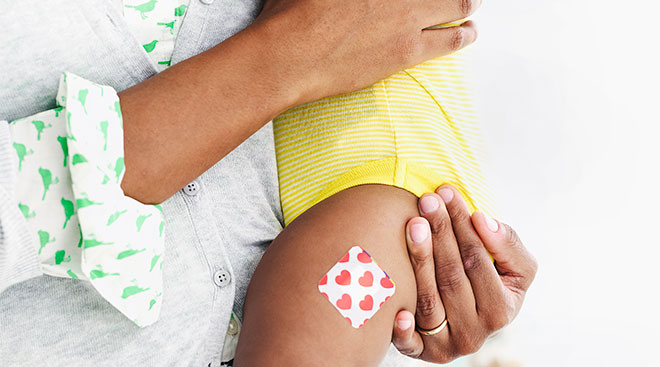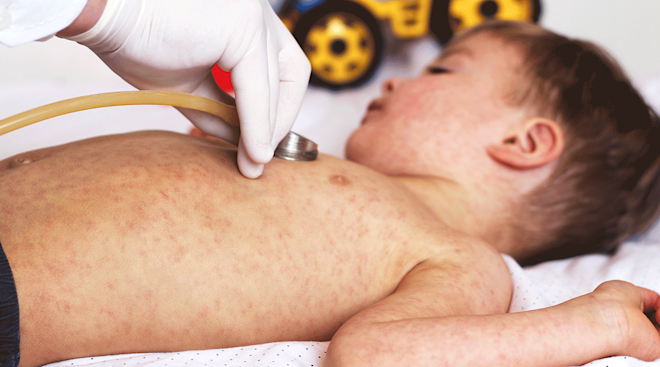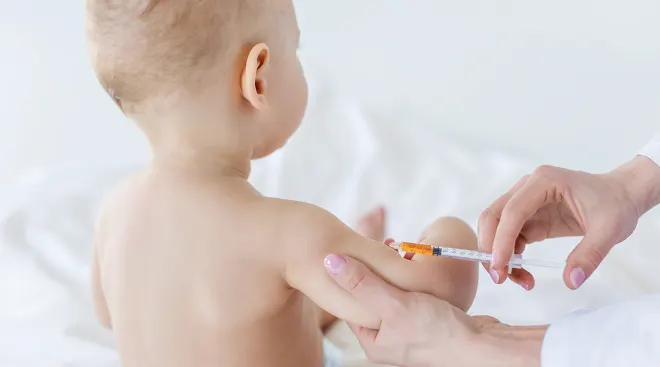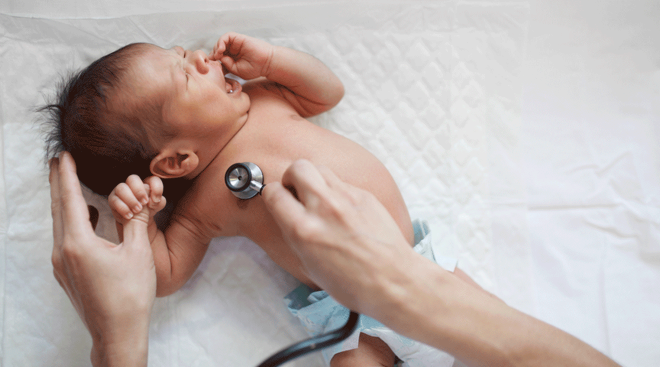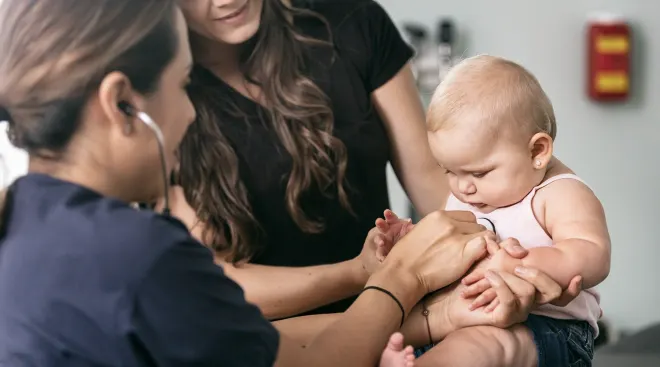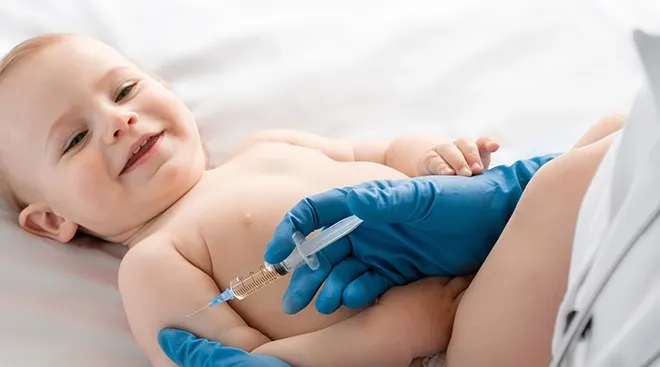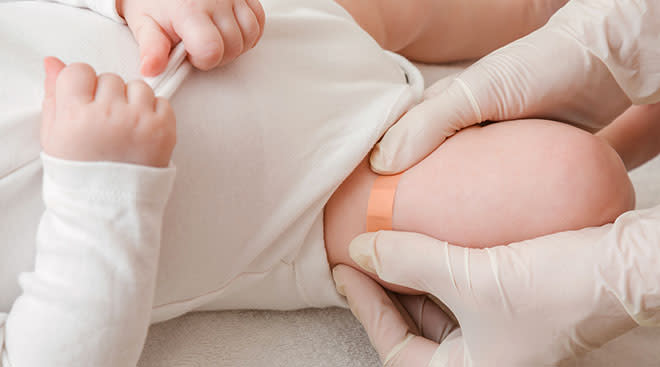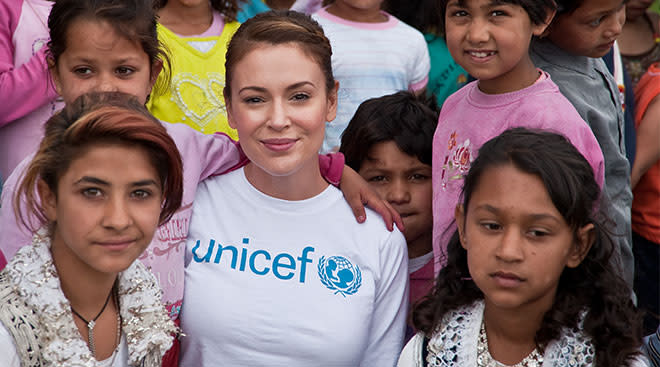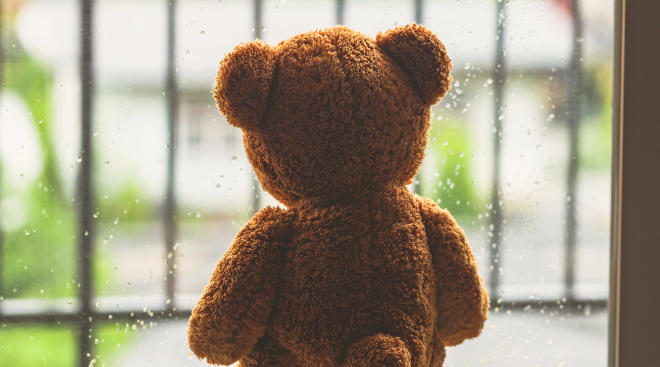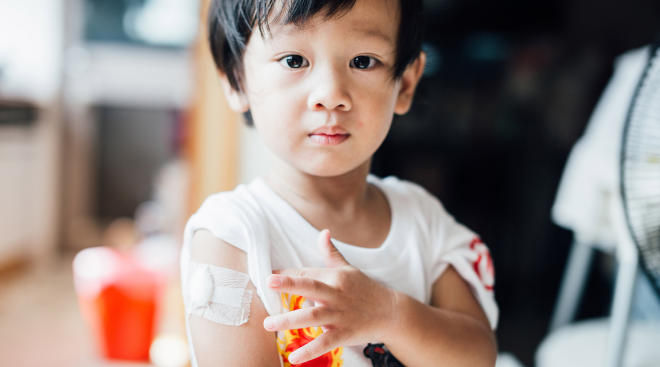New Technique Makes Vaccines Safe in Warmer Temperatures, Study Finds
According to a new study published in the journal Scientific Reports researchers have now figured out a way to prevent warmed-up vaccines from degrading.
Vaccines can be difficult to transport, as they require constant refrigeration and can spoil when not stored at the proper temperature. According to the American Academy of Pediatrics (AAP) most vaccines are usually safe to use as long as they’re stored between 2 and 8 degrees celsius. Once the vaccines hit other temperatures, their proteins begin to unravel, making them ineffective. As a result of this, millions of kids globally don’t have access to safe and effective vaccines.
Scientists have now, however, found a way to prevent the degradation of vaccines due to warmer temperature: encasing the protein molecules in a silica shell. This allows the structure of the vaccine to remain intact even when heated to 100 degrees celsius, or stored at room temperature for up to three years.
This technique of tailoring a silica coat to fit the vaccine, called ensilication, was developed with a University of Bath research team in collaboration with the University of Newcastle. While the technique proved its effectiveness in the lab two years ago, the technique has now proved its effectiveness in the real world.
For their study, the researchers sent both ensilicated and regular samples of the tetanus vaccine from Bath to Newcastle, a journey of over 300 miles, which takes up to two days by mail. They then tested the vaccine in mice and found that the ensilicated vaccine triggered an immune response, showing that it was active. There was not an immune response detected in mice who had received the regular dose of the vaccine, indicating it had been damaged in transit.
“This is really exciting data because it shows us that ensilication preserves not just the structure of the vaccine proteins but also the function – the immunogenicity,” Dr. Asel Sartbaeva, from the University of Bath’s Department of Chemistry and leader of the project, stated in a press release. “This project has focused on tetanus, which is part of the DTP (diphtheria, tetanus and pertussis) vaccine given to young children in three doses. Next, we will be working on developing a thermally-stable vaccine for diphtheria, and then pertussis. Eventually we want to create a silica cage for the whole DTP trivalent vaccine, so that every child in the world can be given DTP without having to rely on cold chain distribution.”
While more research need to be done, according to Dr. Sartbaeva, ensilicated vaccines could be suitable to use for humans within five to 15 years. The hope is to eventually have the technique of silica-wrapping proteins be adopted to store and transport all childhood vaccines.
“Ultimately, we want to make important medicines stable so they can be more widely available,” she continued in the release. “The aim is to eradicate vaccine-preventable diseases in low income countries by using thermally stable vaccines and cutting out dependence on cold chain.”
Presently, up to half of all vaccine doses are thrown out before use due to exposure to improper temperatures, the release states. According to the WHO, in 2018 close to 19.4 million babies globally didn’t receive their routine vaccines due to this.
Please note: The Bump and the materials and information it contains are not intended to, and do not constitute, medical or other health advice or diagnosis and should not be used as such. You should always consult with a qualified physician or health professional about your specific circumstances.
Navigate forward to interact with the calendar and select a date. Press the question mark key to get the keyboard shortcuts for changing dates.

































